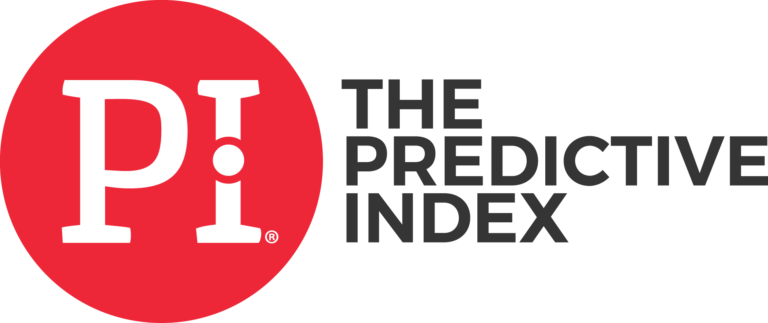CTA popup form
Sed ut perspiciatis unde omnis iste natus error sit voluptatem accusantium doloremque laudantium
"*" indicates required fields
Sed ut perspiciatis unde omnis iste natus error sit voluptatem accusantium doloremque laudantium
"*" indicates required fields
The better we understand the behavioural demands of a role, the more strategically we can deploy existing, or newly hired, staff.

The Predictive Index, or PI for short, can be used to assess every unique role within an organisation, from the CEO to the Office Junior, because every role has a behavioural profile.
The better we understand the behavioural demands of a role, the more strategically we can deploy existing, or newly hired, staff. This ensures each person is placed in the role that allows them to play to all their strengths – thereby lifting productivity and engagement.
When people are doing work that allows them to play to their strengths, it doesn’t feel like work! And when people love their work, the result is greater discretionary effort.
The power of PI lies in ensuring the behavioural demands of the job are aligned with the behavioural needs of the person either currently doing it, or being employed, to do it.
The role of CEO will have a different behavioural pattern to that of a CFO. It might be a subtle difference, but it will be different.
The role of a Business Development Manager will be different from the role of an Account Manager. Both are sales roles, but each has a distinctly different behavioural profile. Put someone with the behavioural profile of an Account Manager in a Business Development role, and they will happily talk to existing customers but will resist making approaches to people unknown to the organisation. They won’t cold call, and they won’t go out chasing after new business.
It’s helpful to think of job profiling like a recipe. There are some basic ingredients, but the end result varies depending on how much of each ingredient is used in the recipe. Add just one different herb or spice, and the flavour of the dish changes entirely.
When we work with organisations that have adopted PI, we encourage them to begin by profiling some of their most impactful roles, as well as the people doing those roles. Ultimately, the goal is to build up a library of every role within the business, and every person within the business. Once data for a particular role and its incumbent (or candidate) is captured, a whole range of people-focused processes are enhanced:
Job assessments are just one data point in the science of human analytics, but they are a crucial data point in the overall philosophy of workforce optimisation.
If you’re looking to get the best from your what is probably your most expensive resource – your people; if you’re looking that that one-percenter that will see you outstrip your closest competitor; or if you’re looking for a way to create a workplace culture that others simply can’t replicate, you need to explore what it would look like to embed PI in your organisation.
Call us on 1300 717 557 or email [email protected] for a confidential (and highly insightful) peak into the world of PI.
Take the free Predictive Index behavioural assessment to gain insight into your personal drives, needs and behaviours
